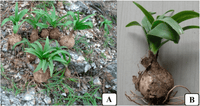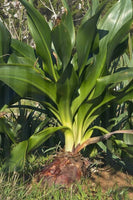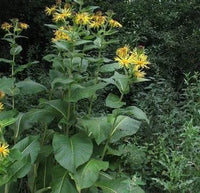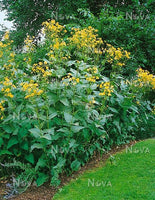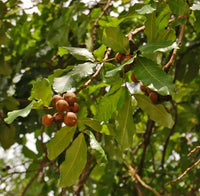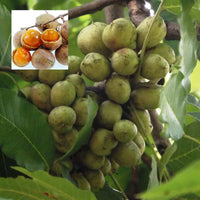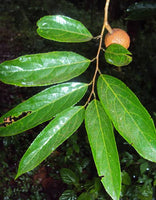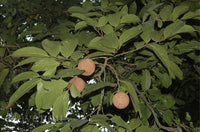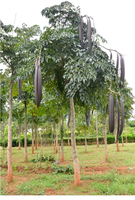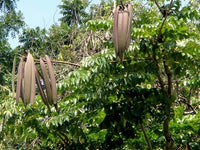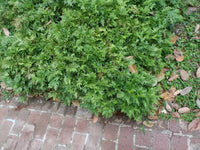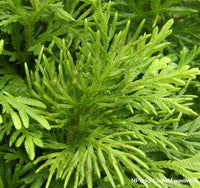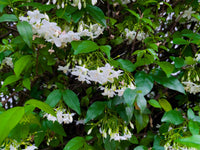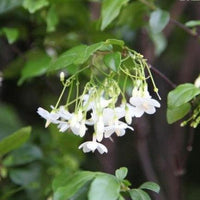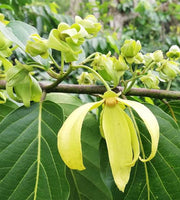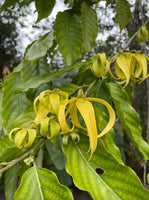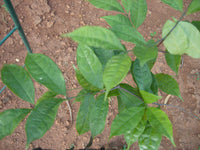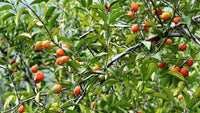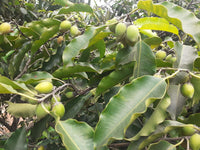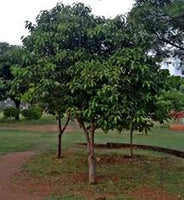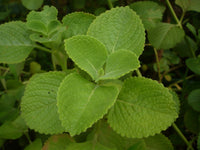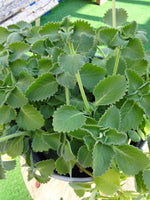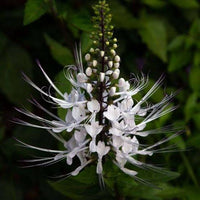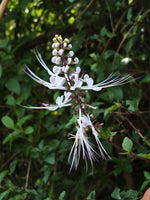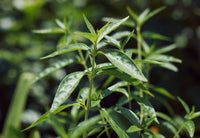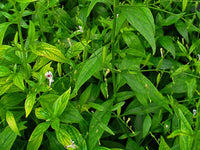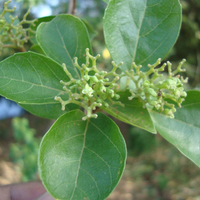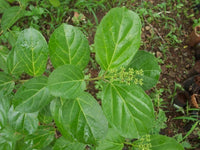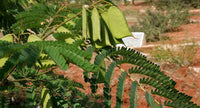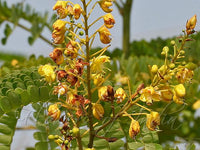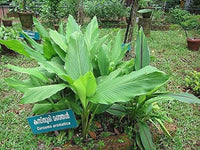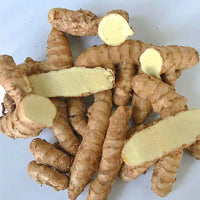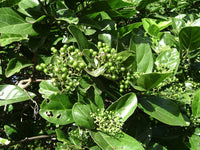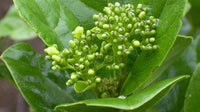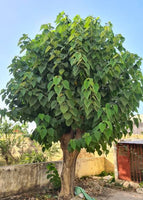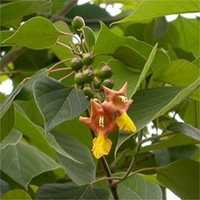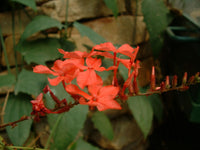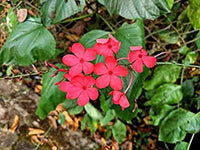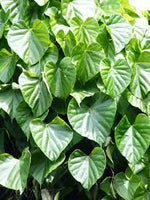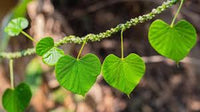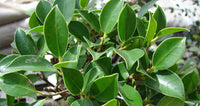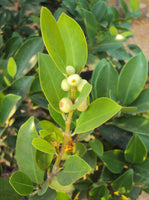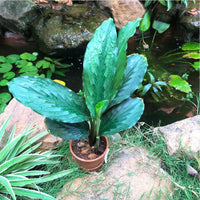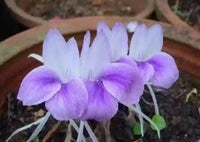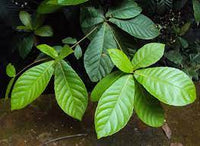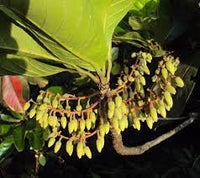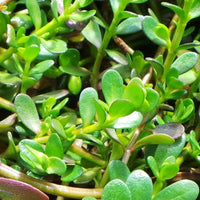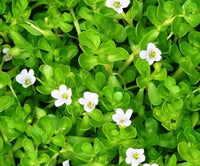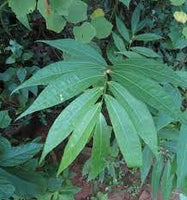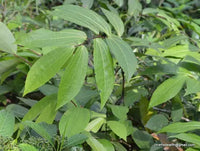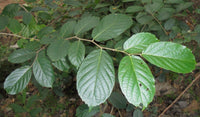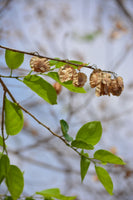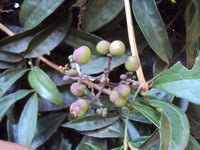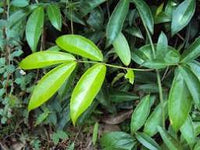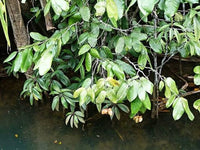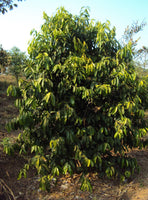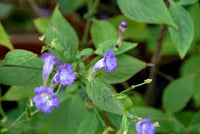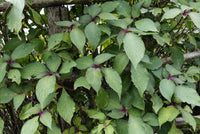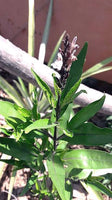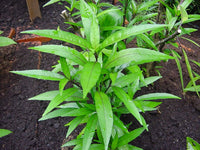Pongamia pinnata, commonly known as the Karanj or Pongam tree, is a versatile and valuable plant native to tropical and subtropical regions of Asia. It is highly regarded for its ecological benefits, medicinal properties, and uses in sustainable agriculture. Here’s a comprehensive guide to the Karanj plant:
Description:
-
Appearance:
- Height: Grows to about 10-15 meters (33-49 feet) tall, though it can reach up to 25 meters (82 feet) in optimal conditions.
- Trunk: Features a thick trunk with rough, grayish-brown bark.
- Leaves: Compound leaves with 5-7 leaflets that are ovate to lanceolate and have a glossy green appearance.
- Flowers: Produces fragrant, small flowers that are usually white to pale pink or purple, arranged in dense clusters.
- Fruits: Bears flat, woody pods containing 1-3 seeds each. The seeds are small, round, and have a hard outer shell.
Ecological and Environmental Benefits:
- Soil Improvement: It is a leguminous tree that helps in fixing atmospheric nitrogen into the soil, thereby improving soil fertility.
- Erosion Control: Its extensive root system helps in stabilizing soil and preventing erosion, making it suitable for reclamation of degraded lands.
- Biodiversity: Provides habitat and food for various bird species and pollinators.
Medicinal Uses:
- Anti-inflammatory: Used in traditional medicine for its anti-inflammatory properties, which can help with joint pain and arthritis.
- Antibacterial: Extracts from the leaves and seeds are used in treating infections and wounds.
- Digestive Health: The seeds and oil are used to treat digestive issues and promote liver health.
- Skin Care: Pongamia oil is used in various traditional remedies for skin conditions and as a base for ointments.
Cultivation and Care:
- Soil: Prefers well-drained soils but can tolerate a range of soil types, including sandy and poor soils. It is also drought-resistant.
- Sunlight: Thrives in full sunlight. It can tolerate some shade but performs best with plenty of direct sunlight.
- Watering: Requires moderate watering. While it can tolerate dry conditions once established, regular watering is needed during the early stages of growth.
- Temperature: Best suited for tropical and subtropical climates. It can tolerate a wide range of temperatures but is not frost-hardy.
- Fertilization: Minimal fertilization is required. However, adding compost or organic matter can support growth, especially in poor soils.
- Pruning: Regular pruning helps maintain shape, remove dead or diseased branches, and encourage healthy growth.
Propagation:
- From Seeds: Soak seeds in water for 24 hours before planting. Sow seeds in well-drained soil or seed trays and keep them moist until germination. Seeds typically germinate within 2-4 weeks.
- From Cuttings: Hardwood cuttings can be taken and planted in a well-drained soil mix. Rooting hormone can improve success rates.
Uses:
- Biofuel: Pongamia oil is used as a biodiesel source, making it valuable for sustainable energy production.
- Timber: The wood is durable and used for construction, furniture, and carving.
- Pest Control: The oil extracted from the seeds can be used as a natural pesticide.
Pests and Diseases:
- Common Pests: Includes leafhoppers, scale insects, and mealybugs. Regular monitoring and organic pest control methods can manage infestations.
- Diseases: Can be affected by fungal infections, particularly in damp conditions. Proper spacing and good air circulation help prevent disease.
Sustainability and Benefits:
- Eco-Friendly: Its ability to improve soil fertility and provide habitat for wildlife contributes to ecological balance and sustainability.
- Economic Value: Provides resources for biodiesel, timber, and medicinal products, supporting local economies.
The Karanj (Pongamia pinnata) is a highly beneficial plant with diverse uses and ecological advantages. Whether for environmental conservation, medicinal applications, or sustainable agriculture, it offers a range of benefits that make it a valuable addition to many landscapes.





































